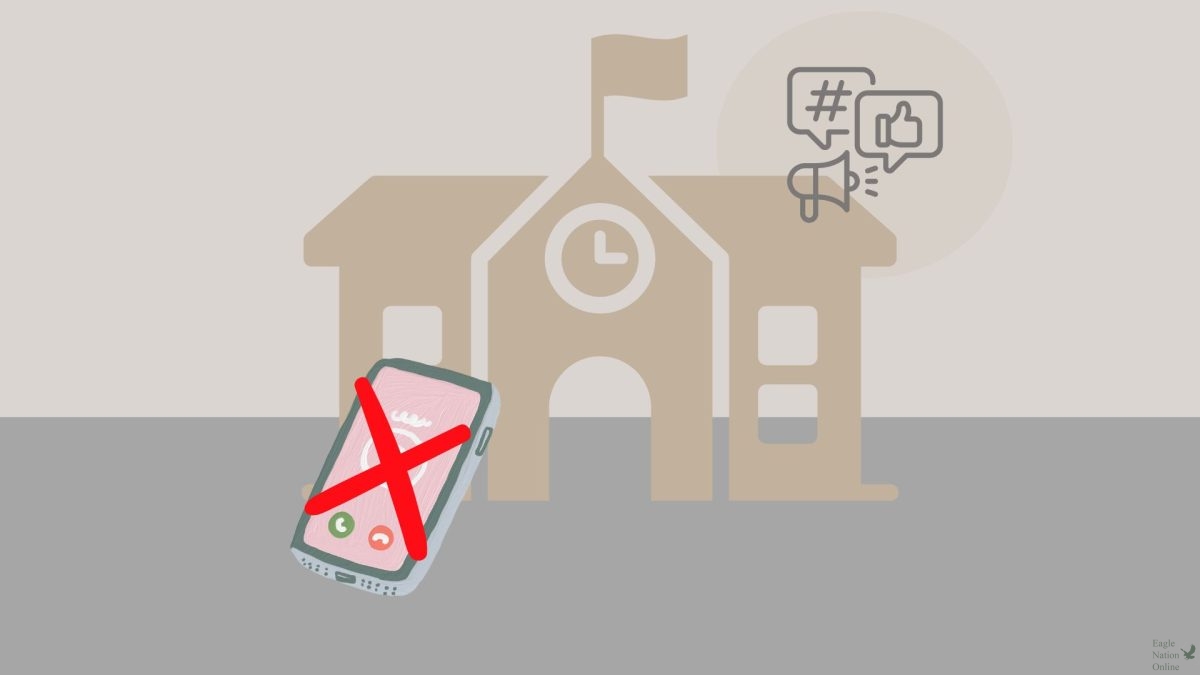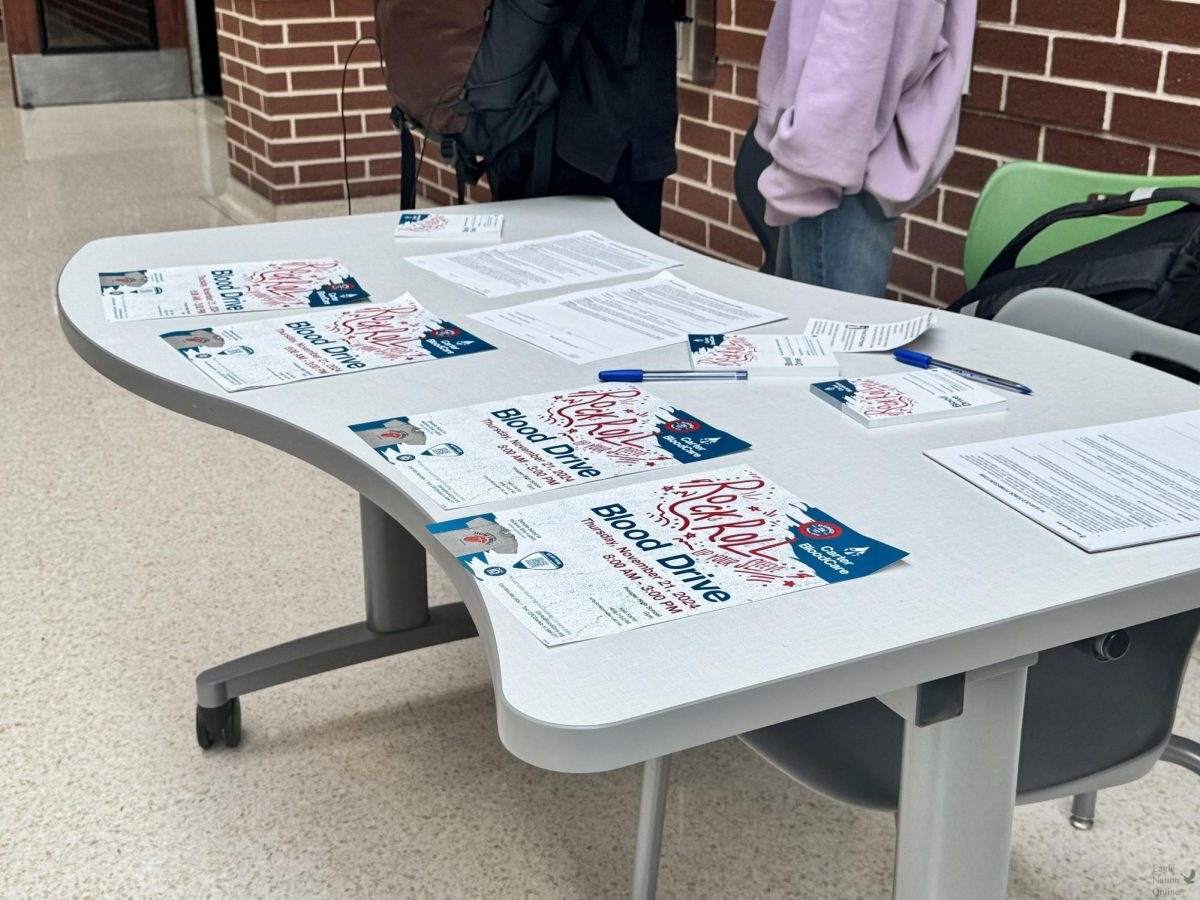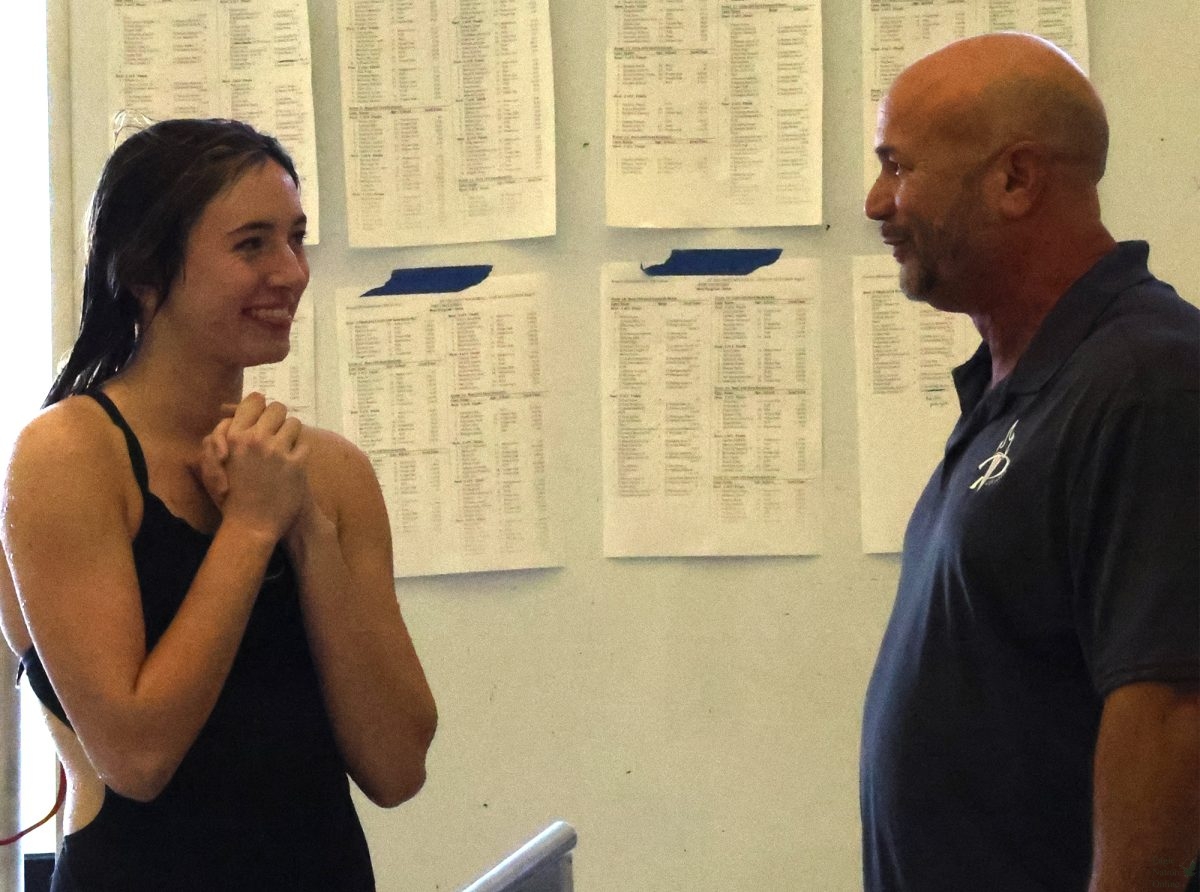Amid students getting used to only using phones during passing periods, Texas Education Agency commissioner Mike Morath Sept. 18 called on lawmakers in Texas to ban cellphone use across all public schools. During a Senate Education Committee hearing, Morath highlighted that cellphone use is harmful to students in a learning environment. Although it is still uncertain if a cellphone ban across all public schools in Texas will pass, after the hearing, lawmakers responded with “openness” to Morath’s proposal.
In 2022, a new cell phone rule was put in place at Prosper High School to minimize distractions in the learning environment by keeping cell phones out of sight during instructional hours. Principal Nicholas Jones enforced these rules to raise academic achievement and success in classroom environments, and enforcement of this policy has increased each year since its implementation.
“Cell phones distract students from learning and cause unwanted discipline problems at school,” Jones said. “Huge studies have been done on the effect of cell phones on adolescents that were recently published.”
In June, the TEA released data regarding the mandatory state exams taken by students in Texas across public schools. The scores showed a significant decline in math and science. Grades third, fifth, and eight reached a 2% decline in scores.
“Most of this is coming from recent investigation into how cell phones affect people below the age of 18,” Jones said. “Lots of rough effects from social media use on pre–teens and teenagers.”
At Prosper, the new cell phone policy allows students to only use cell phones during lunch and passing periods.
“(Social media) distracts from learning,” Jones said. “(It) also gives students a false image of what is actually going on in others lives.”
In 2023, Texas lawmakers passed House Bill 18, which is also known as the Securing Children Online through Parental Empowerment Act. This limits minors’ access to social media platforms and secures them from seeing harmful content on certain platforms.
“A cellphone ban at school would lead to increased learning for all students,” Jones said. “And, a decrease in anxiety and discipline.”
This year marks Jones’ third as principal at Prosper. He said he works with students and teachers to improve productivity in the classroom, while also allowing accommodations in specific circumstances. Although students are not allowed to be on cellphones during instructional periods, many kids run their businesses through online platforms like Instagram outside of school.
“We ask that students do not use cell phones during the academic period,” Jones said. “Students who use cell phones for health reasons are given accommodations.”
Jones said that a lack of funds could be a challenge when it comes to banning cellphones across all public schools in Texas.
“The states that have already banned phones needed to purchase areas to hold cell phones,” Jones said. “The two main types are large cell phone lockers where students place their cell phone in during the day or individual magnetic cell phone pouches that students use during the school day.”
In California, a new law known as bill AB 272 was approved on Sept. 24 by governor Gavin Newsom. The law requires the restriction of cellphone use in all of California’s public schools by June 1, 2026. Jones said that minimizing cellphone use, as well as social media use, will increase academic readiness in school, if the state of Texas passes a bill similar to this as well.
“Everything in the school will improve,” Jones said. “If you look at other states that have done this, all aspects of school get better.”
According to Jones, cellphones are not used often in a classroom setting and don’t impact students literacy skills positively.
“Reading is not something students do a ton of on their cell phones during the day,” Jones said. “In fact, cell phone bans in schools have led to increased reading during school time in states that have done this.”
Jones also emphasized the importance of academics and academic performance in the classroom, meaning that it would relieve the decline in education, that also connects to recent studies done by TEA.
“I think teaching students to be ok without their cell phone is teaching responsible use of technology,” Jones said. “We communicate with parents each year about cell phone rules. For social media laws, this would fall on the individual apps.”
















